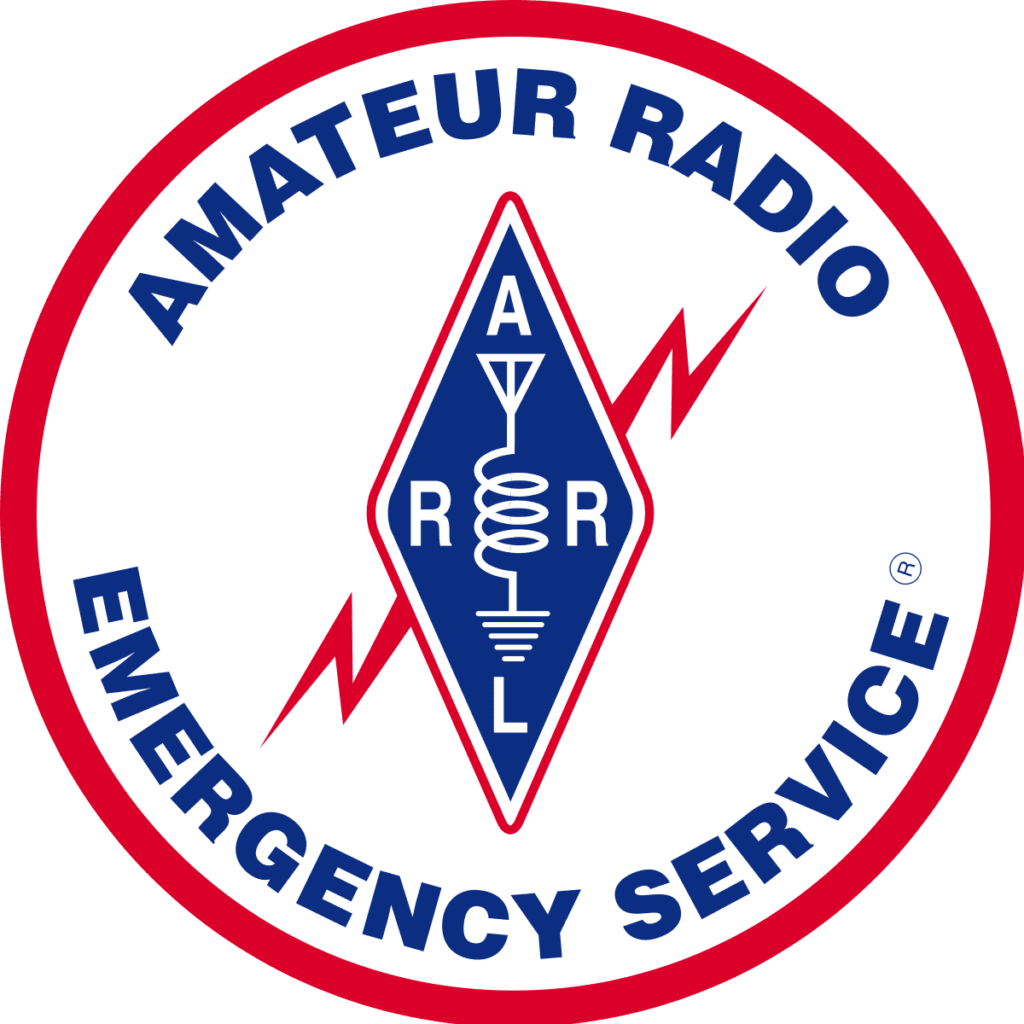
As you may be aware, the ARRL has been revising the Emergency Communications training available via the ARRL Learning Center. All EC- level classes have been revised, and therefore certifications are no longer considered relevant education. To that end, beginning May 1, all members are strongly encouraged to complete the new Basic EmComm and Intermediate EmComm courses.
In addition, the Florida ARES Tri-Section Task Book has been replaced with the ARRL National ARES Task Book. As of May 1, 2025, this will become the Marion County ARES standard. Members who have already begun their Tri-Section task books should bring that task book along with a copy of the new task book with them to any bi-monthly meeting to have their completed tasks migrated and verified.
FEMA IS- Course Requirements
The FEMA Emergency Management Institute has updated the core courses required for participation in ARES. The course list is located here, and the current versions of these courses are:
IS-100.c Introduction to the Incident Command System, ICS 100 – (6/25/2018)
IS-200.c Basic Incident Command System for Initial Response, ICS-200 – (3/11/2019)
IS-700.b An Introduction to the National Incident Management System – (6/25/2018)
IS-800.d National Response Framework, An Introduction – (5/6/2020)
If your transcript does not reflect the current version of these courses, then you are not in compliance. Please take the time to refresh your education and update your courses.
Membership Level Requirements
Level 1 Membership requires completion of ICS-100, 200, 700 and 800 courses. The ARRL Basic EmComm class must be completed. Additionally, the basic requirements stated in the Task Book must be completed or in-progress.
Level 2 Membership requires completion of the ARRL Intermediate EmComm course, SKYWARN Spotter training, and attainment of a General Class license.
Level 3 Membership requires completion of AUXCOMM course material (preferably completion of the AUXCOMM course itself) as well as ICS-300. To be qualified for a leadership position, equivalent experience or proof of competency at this level is required. Exceptions may be made due to necessity or staffing requirements as noted by the Emergency Coordinator or designee.
Members are advised to visit this page often as requirements may change as the curriculum develops at both the State and National levels.
updated 4/27/25
